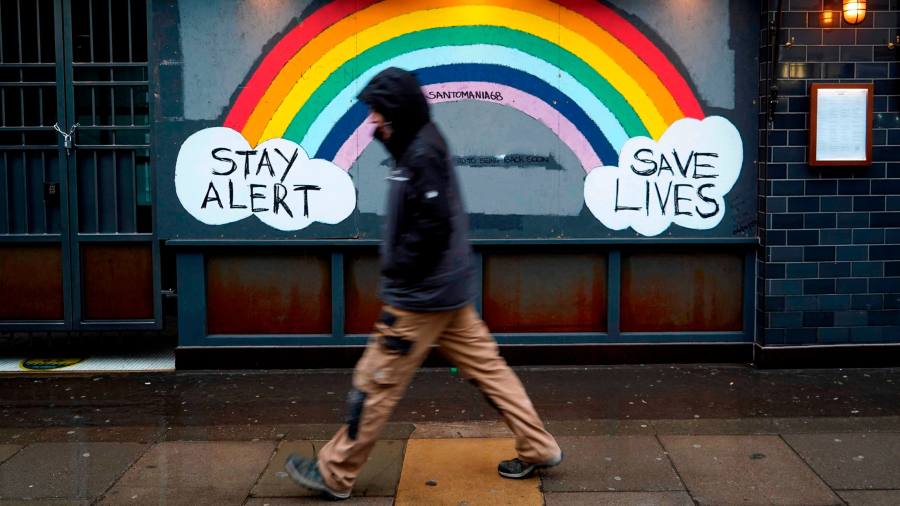
Receive free UK Government updates
We’ll send you a myFT Daily Digest email rounding up the latest UK Government news every morning.
The UK has clawed back less than 2 per cent of an estimated £1.1bn of losses owing to fraud and error on £22.6bn of taxpayer funds made available to businesses during the Covid-19 pandemic, according to an influential cross-party group of MPs.
The House of Commons public accounts committee said on Tuesday that ministers had so far retrieved only £21mn losses on grants issued by local authorities under eight schemes set up by the business department, up from £11mn in February.
Drawn up to support businesses to withstand the coronavirus crisis, the schemes included the small business grant fund, the retail, hospitality and leisure grant fund and the local authority discretionary grant fund.
“The government has been slow to take action to recover losses to error and fraud in Covid grant schemes of over £1bn,” the committee said, adding that it urged “the government to set out the specific steps it will take to tackle this fraud and error, to recover funds and restore public trust”.
Asked by the PAC about the government’s slow progress, business department officials said that checking payments was very expensive and that there were legal questions about the ability to recover some payments. They added that it would be “incredibly hard” to recover much of the losses.
In its report, the committee also said it remained “unknown” what impact the £22.6bn provided to businesses had achieved — and how much of the funding had been necessary.
The report found that it had been harder for some councils to deliver Covid business schemes because of financial pressures relating to central government under-investment. “Central government’s distance from the practical realities on the ground” had in some cases caused “confusion [and] delays,” it added.
The vast majority of the losses — some £985mn — across the eight schemes came from grants made in their first wave, most of which were paid out before May 2020.
Dame Meg Hillier, chair of the committee, said the government should not wait for the conclusions of the official Covid-19 inquiry to learn the lessons of the pandemic.
“Never again should a national emergency find policy being written as we go along, without firm planning and good local data, with local authorities not properly funded to work in partnership on the support required,” she said.
The grants delivered by councils were only part of a total of £154bn spent by the government during the pandemic to support companies, including the £70bn furlough scheme aimed at safeguarding jobs and the £26bn coronavirus business interruption loan scheme for large companies.
Ministers also provided more than 1.5mn small businesses with over £47bn in “bounce back” loans through the British Business Bank, a state-backed lender. By coincidence, the estimated fraud and error on these bounceback loans is also thought by officials to be about £1.1bn.
Chancellor Jeremy Hunt told MPs on Tuesday that the government was “ferociously determined” to recover money obtained by fraud.